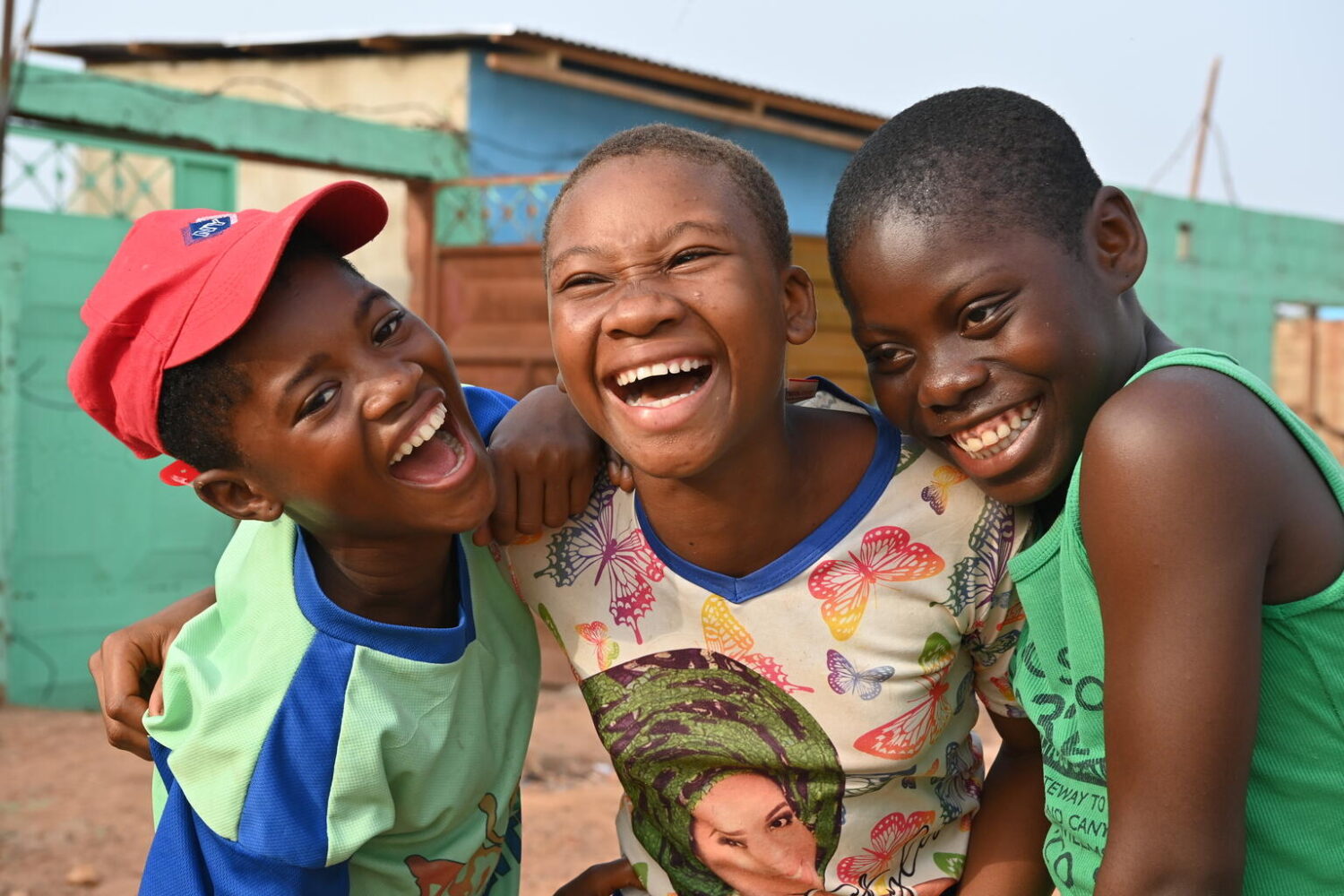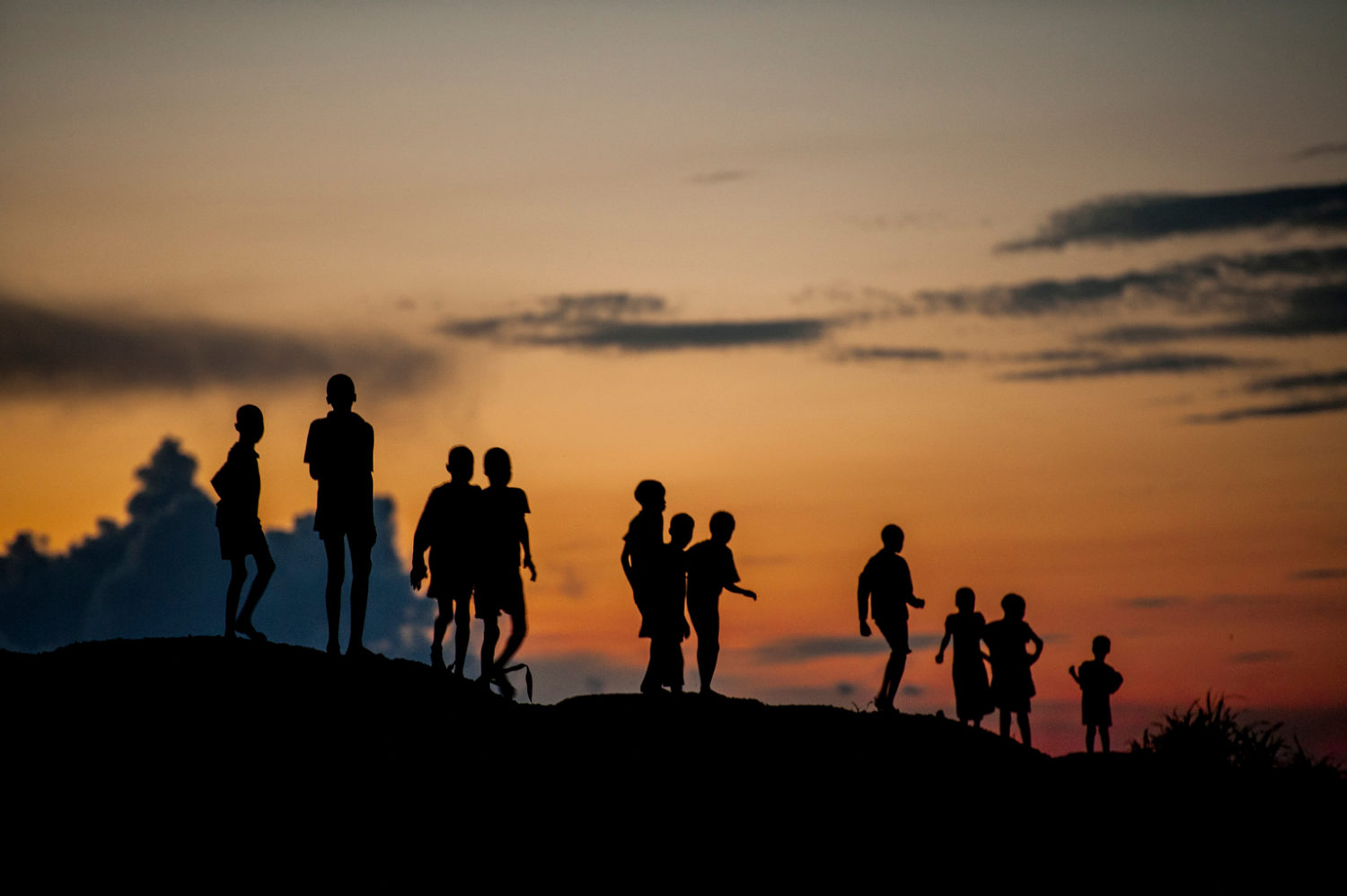
BRIEFING NOTE ON THE CENTRAL SAHEL
This is a summary of what was said by Marixie Mercado, UNICEF spokesperson in Geneva – to whom quoted text may be attributed – at today’s press briefing at the Palais des Nations in Geneva.
Geneva, 16 October 2020 – The multiple crises converging in the Central Sahel, including a surge in armed violence and the socio-economic fallout from COVID-19, is worsening conditions for children in one of the world’s poorest, least-developed regions.
A record 7.2 million children in Burkina Faso, Mali and Niger now require humanitarian assistance – up two-thirds in just one year. Over a million children have been forcibly displaced from their homes. Safe water – so critical for the survival of young children and for preventing COVID-19 – is scarcer than ever, particularly so among those displaced.
Estimates on the number of children who will suffer life threatening malnutrition this year are up by a fifth. Conditions are especially acute in some regions of Burkina Faso that are hosting especially large numbers of displaced people. In Djibo, Gorgadji and Barsalogho communes, mortality rates among children already exceed the emergency alert threshold.
Across the three countries, targeted attacks had shut down over four thousand schools before COVID-19 closed down the rest. Verified instances of grave violations against children, which include recruitment into the fighting, and rape and sexual violence – have risen, especially in Mali.
UNICEF is working with partners to reach children with life-saving therapeutic food, immunization against deadly diseases, and access to safe water and sanitation. We are supporting children who have been released from armed groups or subjected to sexual violence to recover and reintegrate. And we are supporting countries in their efforts to expand distance / remote learning through TV, radio and paper-based instruction, and to help make schools safe enough to re-open amid COVID-19.
UNICEF’s operations in the Central Sahel are critically underfunded, and we need more help. As of mid-October, UNICEF has received less than a third (31%) of the $210 million it needs for humanitarian assistance this year, and slightly over half (57%) against our $65.7 million COVID-19 appeal.
If the Central Sahel is to extricate itself from chronic crises, then these countries must make sure this generation of children is able to turn the page on violence and poverty. It can do so only by protecting, educating and nurturing children, no matter their circumstances. For that, the Central Sahel will need far more resources, now and for years to come.
For more information please contact:
Yemi Lufadeju, +44 20 7375 6199, [email protected]
Unicef UK Media Team, 0207 375 6030, [email protected]
About UNICEF
UNICEF is the world’s leading organisation for children, promoting the rights and wellbeing of every child, in everything we do. Together with our partners, we work in 190 countries and territories to translate that commitment into practical action, focusing special effort on reaching the most vulnerable and excluded children, to the benefit of all children, everywhere.
Unicef UK raises funds to protect children in danger, transform their lives and build a safer world for tomorrow’s children. As a registered charity we raise funds through donations from individuals, organisations and companies and we lobby and campaign to keep children safe. Unicef UK also runs programmes in schools, hospitals and with local authorities in the UK.
Follow UNICEF UK on Twitter, LinkedIn, Facebook and YouTube.


